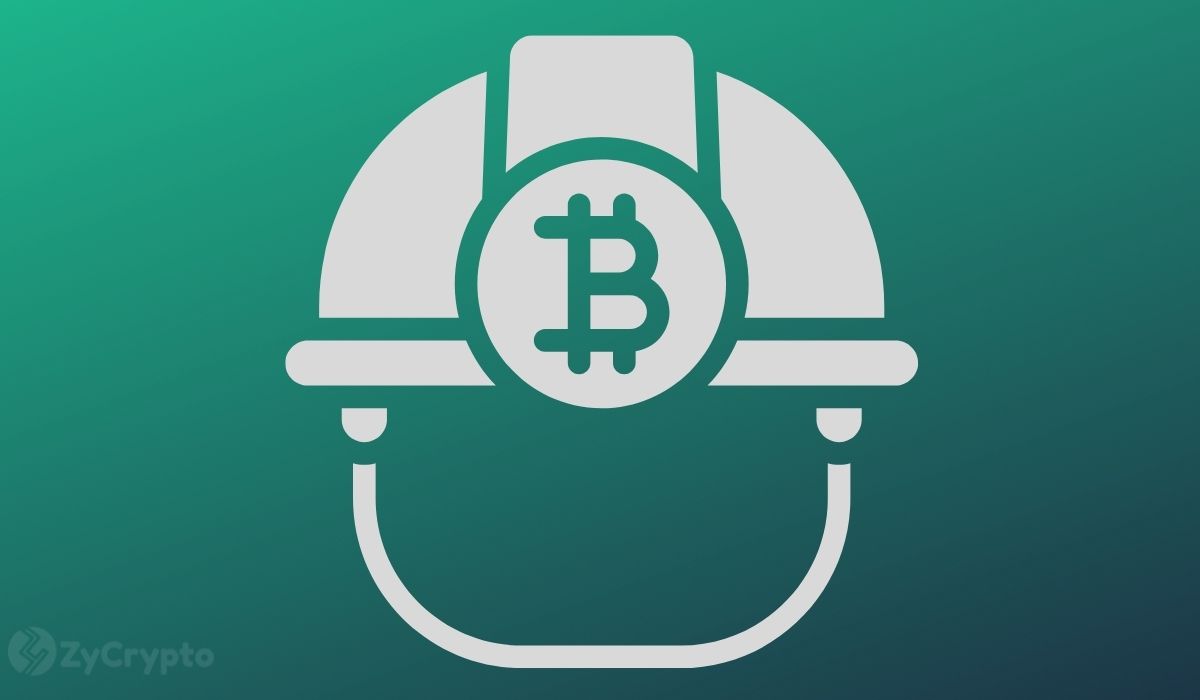Kazakhstan’s Bold Move: National Crypto Reserve Fueled by Seized & State-Mined Digital Assets
Kazakhstan is flipping the script on crypto regulation—turning seized coins and state-mined assets into a sovereign digital war chest.
Here's how it breaks down:
The government's playing both sheriff and miner, channeling confiscated crypto and its own mining ops into a centralized reserve. No more letting seized Bitcoin gather dust in evidence lockers.
Why this matters:
While Wall Street debates ETF approvals, Kazakhstan's cutting through the red tape—literally monetizing enforcement actions. The ultimate 'if you can't beat 'em, join 'em' strategy for sovereign crypto exposure.
One nation's regulatory crackdown becomes another's treasury diversification play. Just don't ask what happens when the next bull run turns their reserve into Monopoly money.

Kazakhstan’s National Bank is actively developing a framework to establish a state cryptocurrency reserve, financing the initiative with assets confiscated in criminal cases and coins mined by state-owned operations.
The nation’s central bank governor, Timur Suleimenov, stated that the reserve could be managed by a specialized subsidiary focused on alternative investments, according to a report by the government news agency Kazinform.
Kazakhstan is formulating rules that follow sovereign-wealth best practices, including a single-manager setup, transparent books, and audited, secure storage. Suleimenov asserted that a single custodian protects public assets from the market’s wild swings and security breaches. He anticipates ministries and law enforcement to finalize the framework, but shared no launch date or target size as of publication time.
“The National Bank supports a prudent and institutionally sound approach to forming a state crypto reserve in accordance with the best international practices in managing sovereign funds (including sovereign crypto reserves), ensuring transparency in the accounting and custody of crypto assets, transparency in the ownership of the crypto reserve, and the sustainability of the state crypto reserve,” said Suleimenov.
Acknowledging crypto’s high volatility and security risks, he emphasized that placing the reserve under the control of a centralized institution WOULD ensure proper safekeeping and oversight.
“Given the risks and volatility associated with storing crypto assets, a key factor in effectively structuring the management of a state crypto reserve is the centralized institutionalization of such management to ensure the safekeeping of crypto assets,” Suleimenov postulated.
The move deepens Kazakhstan’s push into the crypto industry. The nation currently controls approximately 13% of the global Bitcoin hashrate and has disclosed plans to launch “CryptoCity” — a pioneering pilot zone where crypto assets can be used to pay for goods and services.
National Crypto Reserves Gaining Popularity Worldwide
Elsewhere, state-run national crypto reserves are gaining traction, although such initiatives typically only consider Bitcoin.
Last week, Pradeep Bhandari, the national spokesperson for India’s ruling party, urged the nation to launch a bitcoin reserve pilot, noting that it would be a strategic step toward economic resilience.
Texas Governor Greg Abbott recently signed a bill officially authorizing the creation of the Texas Strategic Bitcoin Reserve— a state-managed fund that will hold the premier crypto as part of the state’s long-term financial assets.
Both initiatives follow President Trump’s grand proposal to create a US Strategic Bitcoin Reserve, treating Bitcoin as a national reserve asset akin to digital gold

